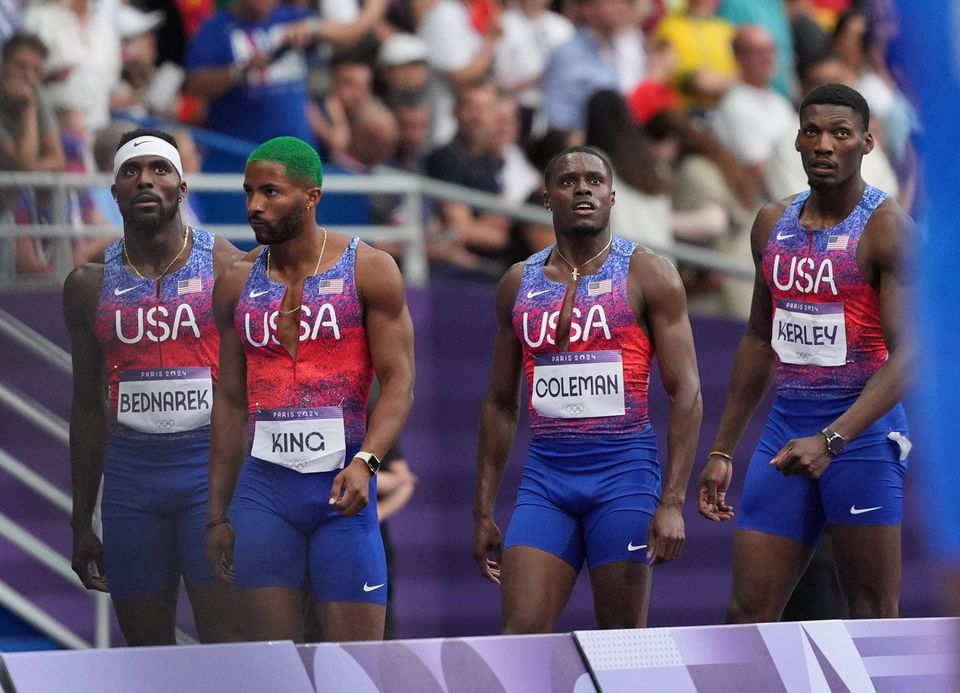US sprinter Fred Kerley has voiced his frustrations over the strict anti-doping regulations imposed on track and field athletes, comparing the frequent testing procedures to living in prison. The 2022 world 100m champion, who is currently serving a provisional suspension for a whereabouts failure, has become one of the most outspoken critics of the global testing system.
Kerley recently confirmed his participation in the controversial Enhanced Games, a competition that permits athletes to use performance-enhancing drugs. By signing up, he became the first track and field star, as well as the first American male athlete, to publicly commit to the event. His decision sparked debate within the athletics community, as it challenges long-standing traditions of clean sport.
The sprinter explained that one of the biggest frustrations for athletes is the requirement to constantly update doping authorities about their whereabouts. This involves providing detailed information about their location at all times to allow officials to carry out random tests. According to Kerley, this system has created a stifling environment that makes athletes feel restricted in their personal lives.
“Right now, I feel like it’s prison,” Kerley explained. “We have to provide every address, every location—whether we’re going out to eat, attending a funeral, or even traveling overseas. At any moment, they can show up. It feels like we’re being monitored every minute.”
Kerley also suggested that the system is flawed, claiming that some athletes manage to avoid sanctions through financial influence. He hinted that money and power play a role in shielding certain individuals from punishment, even when they may be using banned substances.
Despite his suspension, Kerley remains ambitious about his athletic goals. He has openly stated his desire to challenge Usain Bolt’s long-standing 100m world record of 9.58 seconds at the Enhanced Games. With a $1 million prize on offer for anyone who breaks the record, the event provides an alternative platform for athletes who want to push human limits without restrictions on performance-enhancing substances.
The sprinter’s stance highlights a growing debate in global athletics over the balance between fair competition, personal freedom, and athlete welfare. While anti-doping agencies emphasize the need for integrity in sport, Kerley’s criticism raises questions about whether the current system imposes excessive control over athletes’ lives.

